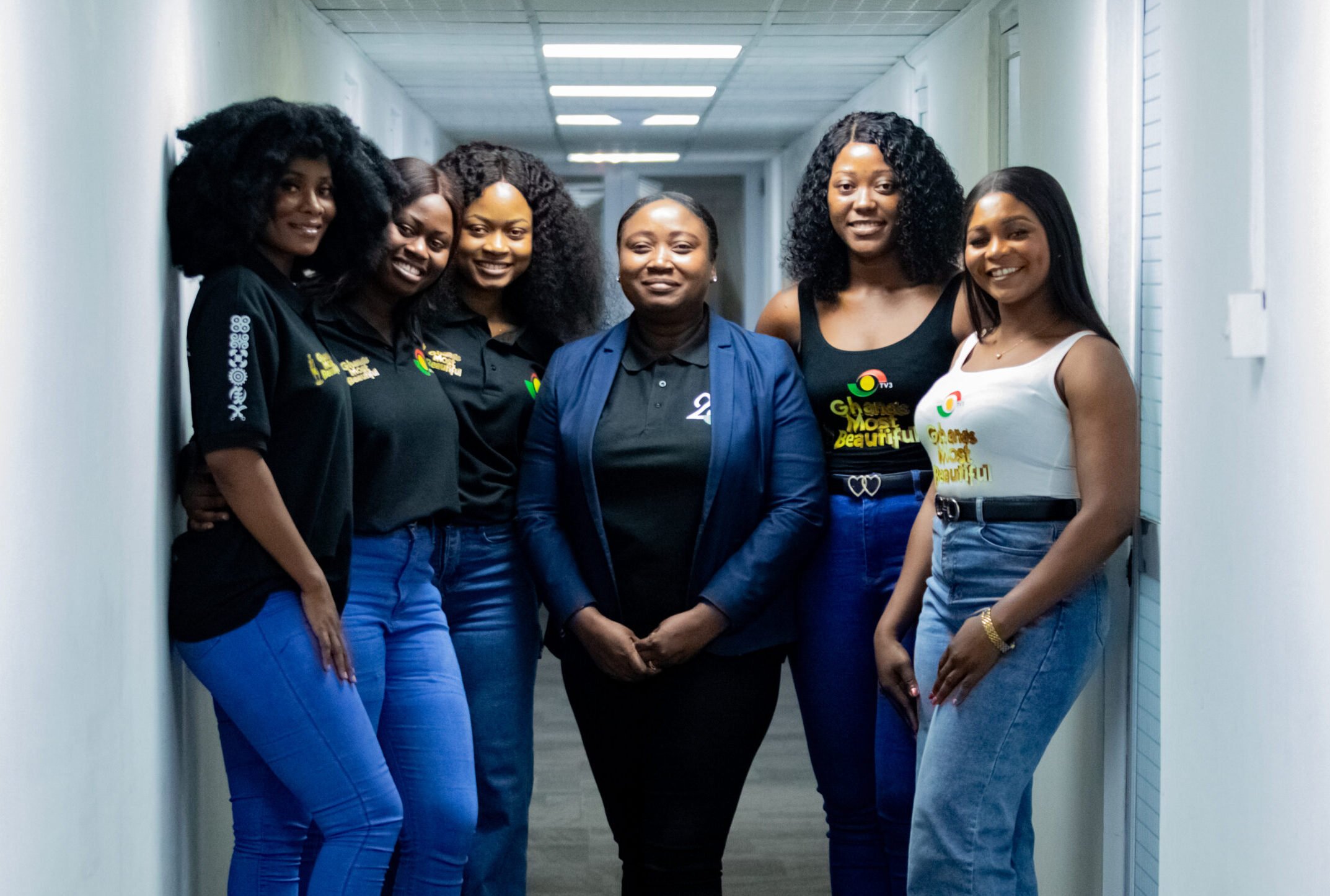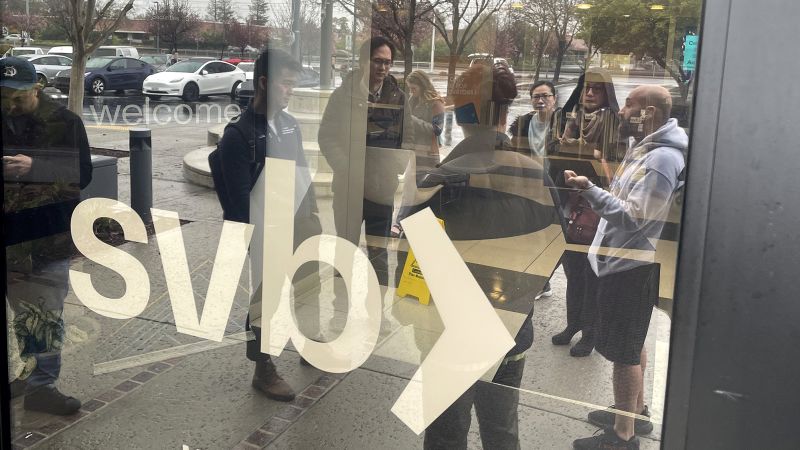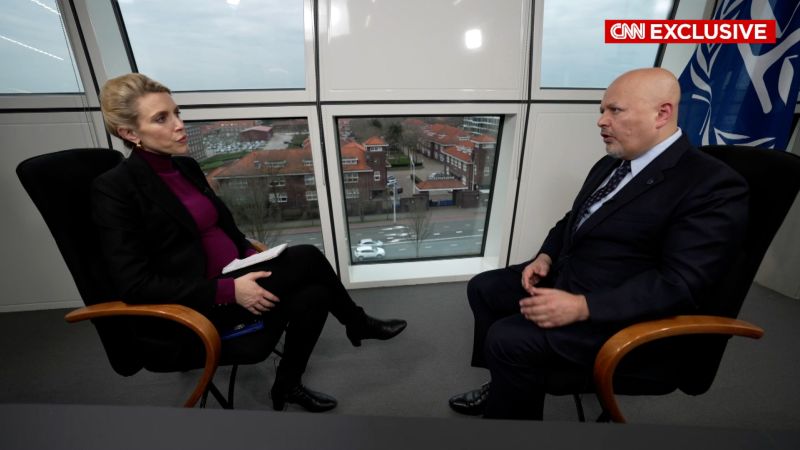What you need to know:
- In the digital era, what does modern-day management look like, and how are female executives navigating the toughest dilemmas in their lives and business?
In an era where women have broken through barriers and achieved remarkable milestones the question lingers; can they truly have it all?
Is it possible for a woman to carve out a thriving career in the C-suite, navigate modern management styles, and maintain a beautiful home and a vibrant social life while still preserving their own well-being?
As society continues to evolve, so do the expectations and aspirations of those in leadership roles. In the digital era, top executives have to manage technology as both a huge threat and a huge opportunity. And many are being pushed by employees, investors and opinion makers to speak out and engage on social issues — even if it comes at a substantial cost. Women CEO also have to consider family responsibilities. What about their work-life balance and are their support systems effective?
These three modern-day women CEOs share how they have learned through the hoops and what works for them as they solve the jigsaw puzzle of responsibilities while in their corner office.
Wambui Mbarire, “I’m frank and very brutal in my honesty”

Wambui Mbarire - CEO Retrak. Photo | Pool
Wambui Mbarire, 50s, is the CEO of the Retail Trade Association of Kenya (Retrak). The retail industry representative provides its members with representation to the government. Retrak encompasses supermarkets, and food and speciality retail. The mother of three has been CEO for the last 10 years and represents over 600 outlets.
“I wake up at 5 am and since I don't have a live in-house manager, I prepare breakfast and lunch for my youngest. I opted to be dropping her to school by 6.45 am.
I have days that can start at 6.45 am and end at 10 pm. I rarely have lunch unless it is a lunch meeting.
Since my plate is full, I work with everyone under me. For instance, my children and house manager take the weight of almost all house chores and all I’m left with is a few things and spending quality time.
On the days I leave the house early and return late, my 11-year-old keeps blowing up my phone asking when I’m coming home and if I will wake her up. Then, I feel anxious that I’m not a good mother.
Where we, as women go wrong, is the attempt to be a perfect wife, mother, boss, and leader. Former USA First Lady Michelle Obama says that if you are doing well in the office, the home will suffer unless you have a support system.
For a married female CEO, a husband can make or break the woman. A strong support system is paramount. If there are issues, marital counselling will help align expectations.
I believe that my success as a woman should not intimidate you as a husband. A lot of it has to deal with self-confidence as a man. Because if you are assured, regardless of whether I am doing better than you or not, it will not be a threat.
As I grow older, one of the things I’m learning to do is sign off on Friday unless we have a real emergency at work. I bought a new phone and intentionally did not sign in to my work email.
My mantra in life is I did not come this far to quit. One of the things I have learned in the last three years is to evaluate every meeting invite to see its relevance to my members first. I ask myself, “Is it necessary to travel? Can someone else in my team take it up?”
I also use my networks to do my job better. I refrain from dishing out business cards because if you really need to reach me, you will and it will be more effective.
My job, for instance, requires I interact with the Central Bank of Kenya (CBK) or the Ministry of Trade because their reports help me educate members on where Kenya’s economy is.
I’m intentional in asking questions, and making comments so that our relationship is maintained and if they are doing something in the retail sector they will remember to call.
When I became the CEO, retailers would think that I would resolve their issues instantly. Now, I tell them how to deal with the issue by themselves. I put hurdles as they are on the table. I’m frank and very brutal in my honesty. Our main source of income is membership subscriptions but making members understand the value of contributing is an uphill task. For instance, negotiating a reasonable rate with regulatory bodies, and engaging the tax man to allow retailers time to comply with the implementation of the Tax Invoice Management System (Tims) is tasking.
To me, women aspiring to be in the corner office should be intentional in their networks, be impactful, and always strive to leave a good impression. This will be the mask of your personal brand. We laugh about men compartmentalising and having a nothing box but even for us as women, we need to find that nothing box where we are not thinking about anything. We need to unwind.”
Mercy Randa, “Nobody knows everything”

Mercy Randa - Founder and Managing Partner P&L Consulting firm. Photo | Pool
The founder, and managing partner of P&L Consulting, Mercy is a mother-of-one. P&L established in 2013 is an advisory firm offering business communication support in areas of investor relations, litigation communication, brand and reputation resilience, and market entry. It has nine employees.
“In 2009, I was retrenched from the media as a result of the aftermath of the 2007-2008 general election. Having worked there for two and a half years, I had so many questions running through my mind. Why me? Wasn’t I good enough?
I did not take it well since I'm very critical of myself but I made a mental note that it would never happen to me again. Fast forward to today, P&L just clocked 10 years in operations. When I set up the business, I had savings that would caution me. I was also lucky that my former employer came on board as one of my first clients so I sailed through.
Still, I was concerned. “What if I go for an entire month and my inbox is quiet?” It was scary. I would get to bed at 4 am sending in proposals, get rejections, and then do it all over again.
At our peak, I had 18 employees but I had to downsize when Covid-19 struck. Next month we are adding four more employees and hope to keep up hiring till we get back to pre-pandemic levels. My biggest worry has always been that if my employees are not happy and they go out there, every decision I made that made them unhappy affects our delivery.
If the clients are not happy with the type of work, we delivered it is on me. All decision-making rests with me, but I have institutionalised it so that even when I’m not there, the firm runs. Clients know that if Mercy is not in, someone else will handle the work.
I separate my persona from the business entity. There are many times when our clients do not know I’m the owner, which is a good thing.
Be it as it may, I have always made peace with not winning in all areas. There are days I wake up and do not feel like going to work. Other times, work and home are perfect. But there are those days when the ball drops.
I hold that no one can have it all. No day is the same but there are certain routines I try to maintain. At 6am I do a 7km run, drop my son at school then make it to the office from 9 am.
I also read the papers and catch up on the news before my run. So much happens in the day but I'm often home to do a bedtime routine with my son. The hours after he's gone to bed are selfishly mine.
However, in between there can be distressing calls or something that angers me, and I will mop about it. I do not suppress my emotions or try to have another face. What works for me when I experience quagmires is giving it time. Even if it is very disheartening news or a call, time makes a huge difference.
In the labour market today, we have very many young people coming in. I have to adapt to them yet my clients are the seniors. The biggest challenge is to bring the young into the centre, especially for our job which is advisory-oriented.
Nobody knows everything. The solution could lie with the youngest and if they are afraid to speak up, we lose that opportunity. What I have tried to do is to never steal someone’s shine. I encourage them to be the ones to share it with the client.
I’ve seen this practice build confidence and break the notion that young people cannot voice their thoughts upward. This has helped me build a team that is not only competent but loyal. This helps in our overall positioning.
However, I am a bit too trusting. I give people the benefit of the doubt but there are instances where my judgment has been off and it has cost me.
I brought on board a business partner early on in the business. My partner split her time between full-time employment and the business for the first two years. At the start of the third one, she joined the business fully, but by the sixth month, we were not aligned on many fundamentals. We opted to go our separate ways by the end of that year. It could have been an open-and-shut split, but it's been quite the drag.
Now, one of the lessons I’m learning is to not trust too much too soon.My advice to women wanting to get the corner office is to first understand what they want to do in that office and what the position means.”
Sarah Karingi, “Trust is currency”

Sarah Karingi - CEO Sarma Enterprises Limited. Photo | Pool
Sarah Karingi, 63, is CEO, Sarma Enterprises Limited and a mother of two. She took over running the family business after her husband’s passing. The company is a manufacturer of panelled doors, frames, hanging ceilings, flooring covers, and gazebos among others. They also do cabinetry fittings and have 20 employees.
“I took over running the family business after my husband passed away in 2006. Balancing business operations and caring for our two children was no easy task. Though I did not have the knowledge, I believed that if others who had not gone to school could run a business, why shouldn’t I?
One of the headaches I had to deal with is payment of pending loans, which my husband had taken out to expand the business. The loans had been piling up since we had to take care of his hospital bills when he became ill.
After his death, I decided to sell some property to take care of the outstanding loans, debts, and hospital bills. Paying employees’ salaries was also an issue because some clients left and we could not restock as we lacked the funds.
During this time, I only focused on splitting wood and charging. I was able to accumulate money slowly so that I could be able to manufacture doors and frames.
Luckily, one of my late husband’s friends who learned of his death afterwards gave me two lorries of timber to kick-start the business again. Some raw material providers also gave me timber on credit. When there is a transition, it takes time before clients can fully trust you and not see you through the lens of someone else.
To get wind of operations, I went to Strathmore University to learn how to manage employees and run a business. I also listened to business moguls like Richard Branson and Chris Kirubi on YouTube, and attended some events by Manu Chandaria.
This boosted my skills and expertise and I implemented the lessons until I became a pro. There were days I felt too tired, confused, and harshly judged by society, especially by clients who felt that I was taking too long to finish a project hence comparing me with my late husband.
During times like this, I would remind myself of the word ‘Focus’ connoted to 'Follow One Course Until Successful' from Robert Kiyosaki’s ‘Rich Dad Poor Dad’ book.
In 2010, the business was torched. I was still balancing and settling the debt and had no money. I relied on Jua Kali artisans who did shoddy work. For instance, when the machines’ motors blew up, they would use substandard electrical wires which kept melting so l would spend lots of money on repairs.
When I got a qualified engineer, I struck a deal to allow me to pay in instalments. Since they knew I kept my word, they would render their services without fear. Trust is currency. In the process, I learned how to manage people, clients, and service providers.
The arson was a blessing in disguise for me because it allowed me to get out of the corner office and mingle with my employees. When l took over the running of the business, l used to assume employees didn’t have much to offer until l started having meetings with them and listening.
One of them suggested we buy a big generator to step in any time there is no power for a smooth flow of work. Listening to their input, and attending industry-based events helped me to learn about the trends. Last year, we went to Dubai with my daughter at a wood show trade fair and learned a lot about the future of wood and related products.
Many business owners my age are shy of using technology, but I leverage it to make my workload easier. In turn, I do not go to the business premise on a daily basis. I have installed CCTV cameras and an enterprise resource planning (ERP) system which helps me check when the wood goes for processing, the balance, and what it is made among others.
Also, I engage in artificial intelligence (AI) to get to learn how to better my designs, manage, and run the business successfully. When the business was not stable I had to dedicate time, now I have sufficient time for myself and my family.
I’m able to have fitness sessions with my daughter which allows us to bond and get the loop on what is happening in the business. On other days, I go golfing, engage other business owners in networking sessions or take a flight down to Mombasa to see my son.
My advice to women eyeing the prime executive den is they should be ready and be involved in the change. You cannot work alone.”









 English (US)
English (US)